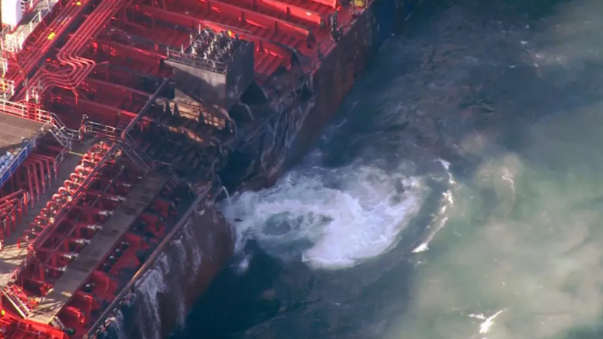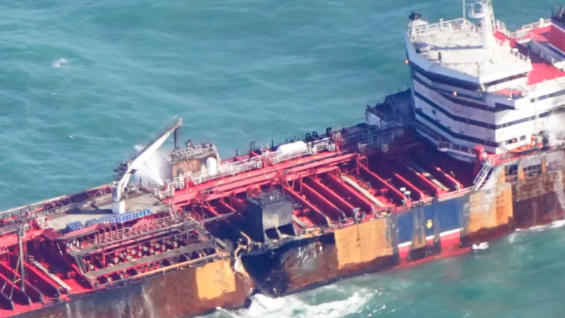The European maritime industry is experiencing a sudden upheaval! Hanseatic Global Terminals (HGT), the terminal operations branch of global shipping giant Hapag-Lloyd, recently announced the completion of its acquisition of a 60% stake in CNMp LH, the operator of the Atlantique container terminal at the Port of Le Havre in France. The remaining 40% stake is still held by the Seafrigo Group, which specializes in cold chain food logistics. This move not only reshapes the power dynamics of French ports but also reveals the shipping giant's ambition for "vertical integration."
As one of Europe's top ten ports, the Port of Le Havre handles an annual container throughput of 3 million TEUs, serving as a core hub connecting France to the world and a strategic intersection for Northern European and Mediterranean routes. HGT CEO Dheeraj Bhatia stated, "Taking control of the Port of Le Havre will strengthen our competitiveness in Europe's core markets and pave the way for efficiency upgrades."
This acquisition is just the tip of the iceberg for HGT's strategic plans. According to its roadmap, by 2030, HGT aims to operate over 30 terminals, forming a global network covering key shipping routes. By controlling core ports, Hapag-Lloyd can not only manage cargo handling efficiency but also reduce supply chain disruption risks through "port-shipping" synergies.
Interestingly, while the Seafrigo Group has relinquished controlling shares, it retains a 40% stake. As a leader in European cold chain logistics, its partnership with HGT may foreshadow future developments in refrigerated container business—especially as the fresh food e-commerce sector experiences explosive growth, making port cold chain infrastructure a critical battleground.
Against the backdrop of global supply chain turbulence, shipping giants are transitioning from being "cargo carriers" to "infrastructure operators." Controlling ports means having absolute authority over timeliness, costs, and emergency response capabilities. As Maersk and CMA CGM ramp up their investments in terminal assets, Hapag-Lloyd's move undoubtedly signals that the future of maritime competition will hinge on the density of terminal networks.

Last
UK North Sea Ship Collision Tragedy: Crew Member Arrested for "Gross Negligence," Container Ship Scrapped
Humberside Police in the UK recently announced the arrest of a 59-year-old male crew member on charges of "gross negligence mansla

Next
Latest Developments in Cargo Ship Collision: Ongoing Fire, Leakage, and Missing Personnel
On Monday, the U.S.-flagged oil tanker Stena Immaculate collided with the Portuguese-flagged container ship Solong off the coast o
